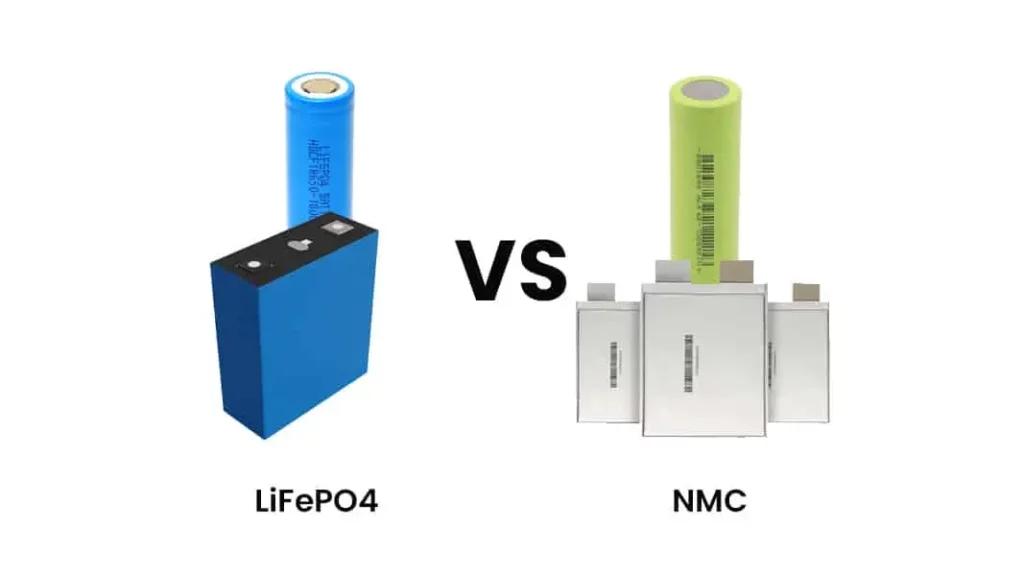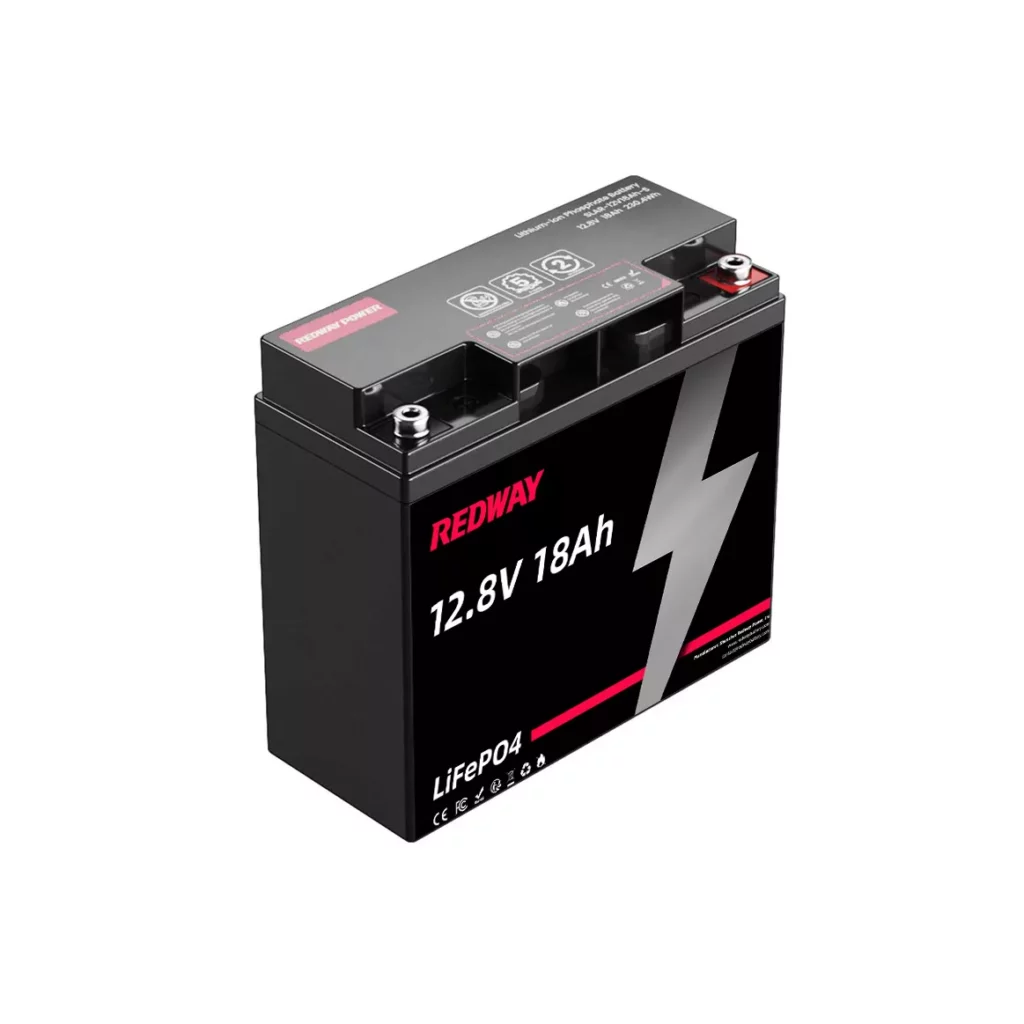No, you should not use a standard lithium-ion charger for LiFePO4 batteries. LiFePO4 batteries require specific charging profiles to ensure safety and optimal performance. Always use a charger designed for LiFePO4 technology to avoid damage and ensure proper charging.
Exploring the realm of lithium batteries, we tackle the compatibility between Li-ion and LiFePO4 variants. From smartphones to alternative energy solutions, we unravel the nuances and safety considerations of using Li-ion chargers for LiFePO4 batteries. Join us as we delve into the differences between these power sources and determine the risks and feasibility of mixing and matching chargers. Get ready to charge up your knowledge on lithium technology!
Understanding Lithium-ion Batteries
Lithium-ion batteries, also known as Li-ion batteries, have transformed our devices with their compact size and high energy density. Their chemistry, utilizing lithium ions for charge transfer, sets them apart from traditional batteries.
- Advantages of Li-ion batteries: a. High energy density allows for significant energy storage in a small package. b. Low self-discharge rate ensures longer shelf life compared to other battery types. c. Ideal for powering smartphones, laptops, and electric vehicles due to their compactness and efficiency.
- Drawbacks of Li-ion batteries: a. Sensitivity to high temperatures and overcharging can lead to reduced capacity or safety hazards. b. Requires careful handling to prevent damage and prolong lifespan.
- Conclusion: Lithium-ion batteries offer unparalleled energy storage capabilities but require cautious handling to maximize their potential. Understanding their advantages and drawbacks is essential for safe and efficient use in various applications.
The Differences between Li-ion and LiFePO4 Batteries
Lithium-ion (Li-ion) and Lithium Iron Phosphate (LiFePO4) batteries are popular for portable electronics and renewable energy storage. While both store electrical energy chemically, they differ in cathode materials, performance, and safety features.
- Cathode Material: a. Li-ion: Lithium cobalt oxide or nickel-cobalt-aluminum oxide. b. LiFePO4: Lithium iron phosphate.
- Performance and Safety: a. LiFePO4: Lower energy density but better thermal stability and safety. b. Li-ion: Higher energy density but more prone to thermal runaway.
- Voltage Range: a. Li-ion: Around 3.7 volts per cell. b. LiFePO4: Around 3.2 volts per cell.
- Cycle Life: a. LiFePO4: Longer cycle life, retaining capacity for more charging cycles. b. Li-ion: Experience degradation over time.
- Charger Compatibility:
- Incompatible chargers may lead to suboptimal performance or safety risks.
- Consult manufacturer guidelines or seek expert advice before selecting a charger.
Understanding these differences is vital for selecting the right charger and optimizing battery performance and safety.
Can a Li-ion Charger be Used for LiFePO4 Batteries?
Understanding the differences between lithium-ion (Li-ion) and lithium iron phosphate (LiFePO4) batteries is crucial for safe charging practices. While they share similarities, such as being rechargeable lithium-based batteries, their distinct chemistries and performance characteristics necessitate specific charging methods.
- Chemistry Differences:
- Li-ion batteries use lithium cobalt oxide or lithium manganese oxide cathode material.
- LiFePO4 batteries utilize lithium iron phosphate as their cathode material.
- Risks of Using Wrong Charger:
- Using a Li-ion charger for LiFePO4 batteries can lead to overcharging or overheating.
- Incorrect charging parameters may damage the battery and pose safety hazards like fire or explosion.
- Importance of Using Correct Charger:
- Using a charger designed for LiFePO4 batteries ensures optimal charging parameters.
- Specialized chargers incorporate features like temperature monitoring to enhance safety.
- Alternatives for Charging LiFePO4 Batteries:
- Multi-chemistry chargers with selectable options for different lithium-based batteries can be used.
- Always prioritize safety and use a charger specifically designed for the type of battery being charged.
In conclusion, understanding the chemistry and specific charging requirements of Li-ion and LiFePO4 batteries is essential to avoid potential risks and ensure safe charging practices. Always use a charger designed for the battery type to prevent damage and maintain safety.
Risks and Dangers of Using the Wrong Charger
Using the wrong charger for your lithium iron phosphate (LiFePO4) battery can pose serious risks. Li-ion chargers are not suitable for LiFePO4 batteries due to their different characteristics.
- Overcharging Risk:
- LiFePO4 batteries require a specific charging profile.
- Using a Li-ion charger with higher voltage or current output can lead to overcharging, causing irreversible damage like reduced capacity and thermal runaway.
- Undercharging Danger:
- Using a Li-ion charger with lower voltage or current output may not fully charge the LiFePO4 battery.
- This can result in decreased performance and a shorter battery lifespan.
- Safety Hazards:
- Incompatible charging algorithms and protection mechanisms can lead to overheating or explosion.
- To avoid these dangers, always use a charger designed specifically for LiFePO4 batteries, ensuring optimal charging and safety.
In conclusion, using the correct charger for your LiFePO4 battery is crucial to avoid risks, protect the battery’s integrity, and ensure safety. Always follow manufacturer recommendations for safe charging practices.
How to Properly Charge a LiFePO4 Battery
Charging a LiFePO4 battery properly is essential for optimal performance and longevity. Here’s how to ensure you’re charging your LiFePO4 battery correctly:
- Choose the right charger:
- Ensure you have a charger specifically designed for LiFePO4 batteries to prevent overcharging or undercharging.
- Set the correct voltage:
- Check the voltage requirements and adjust the charger settings accordingly, typically between 3.6V and 3.8V per cell.
- Use a balance charger:
- Utilize a balance charger to ensure even charging across all battery cells, enhancing performance and safety.
- Monitor charging temperature:
- Keep an eye on the temperature during charging to prevent damage from excessive heat. Adjust the charging rate if necessary.
- Avoid overcharging:
- Disconnect the LiFePO4 battery from the charger once it reaches full charge to prevent overcharging.
Following these steps will help optimize the performance and lifespan of your LiFePO4 batteries. Always remember: proper charging leads to better results!
Alternatives to Using a Li-ion Charger
When lacking access to a LiFePO4-specific charger, exploring alternative options becomes necessary to ensure the safety and longevity of your battery. Here are some alternatives to consider:
- Universal Smart Charger:
- Designed to work with various battery types, including LiFePO4.
- Choose one explicitly mentioning compatibility with LiFePO4 batteries for optimal results.
- Adjustable Voltage Power Supply:
- Allows you to set the voltage output according to LiFePO4 battery charging requirements.
- Offers greater control over the charging process to prevent overcharging or overheating.
- Combined Chargers:
- Some manufacturers offer chargers supporting both lithium-ion and LiFePO4 batteries.
- These chargers feature different settings or modes for each battery type, ensuring proper charging without risking damage.
It’s crucial to note that while these alternatives may suffice in certain situations, using the recommended charger by the manufacturer is always best practice. This ensures optimal performance and safety for your LiFePO4 battery.







